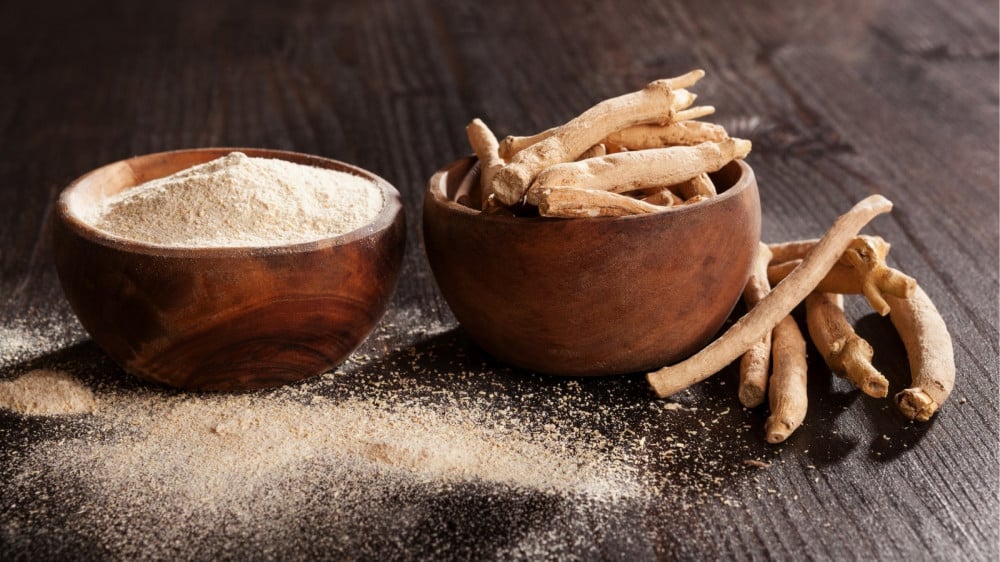What is ashwagandha?
It is a plant of the Solanaceae family. Its root has a smell like the smell of a horse. Different parts of the plant are used, but the most common supplementary form is the extract of its roots, as its roots are used as a type of alternative medicine in the form of herbs and nutritional supplements, as it contains the plant compound “withanolides,” which works As a stimulating hormone to calm the nerves and help relax.
Ashwagandha is also known as “Indian ginseng” because it is grown in India (especially the state of Madhya Pradesh). It is also grown in Nepal and Sri Lanka and grows in the Middle East, North America, and many other regions of the world. It is grown in the Arabian Peninsula and is called “Ashwagandha.” "The hypnotist."
Ashwagandha is known for its anxiolytic (anti-anxiety) and stress-relieving effects. Ashwagandha as an “alternative cure-all” There is growing support for the use of Ashwagandha in the context of health conditions typically affected by the chronic stress response.

Among the benefits of ashwagandha:
· Treating insomnia, depression and stress.
· It helps treat and stimulate the production of thyroid hormones (TSH-T3-T4).
· Helps to relax and sleep free of anxiety.
· Research has also shown that Ashwagandha has a role in improving the performance of the heart, respiratory and musculoskeletal systems.
· You may lower your testosterone levels if you notice an increase in hair growth and appearance.
· It contains Adaptogen, which helps the body resist physical and mental stress.
· Anti-inflammatory, to reduce inflammation and pain.
· Immune regulator, as it works to strengthen the immune system and fight infections.
· Aphrodisiac, to increase sexual desire and fertility.
· Delayed appearance of signs of aging.
So it is considered a choice Ashwagandha tea is the best choice to enjoy all the benefits. You should also have one cup an hour after dinner to enjoy better sleep.

